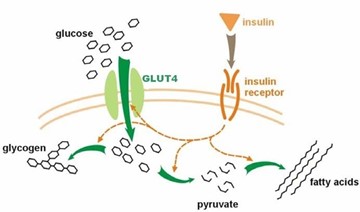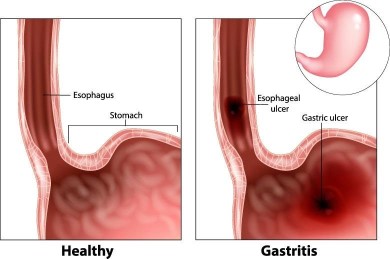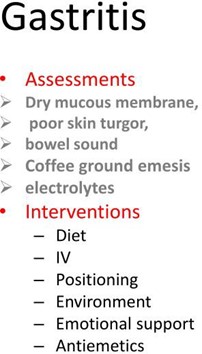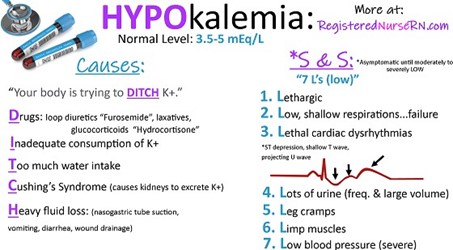A diagnosed type 2 diabetes Patient was recommended to follow a 1200-calorie diet and exercise plan. The patient tells the nurse, “I hate to exercise! Can't I just follow the diet to keep my glucose under control?” The nurse teaches the patient that the major purpose of exercise for diabetics is to?
facilitate weight loss, which will decrease peripheral insulin resistance.
improve cardiovascular endurance, which Is important for diabetics.
set a successful patern, which will help in making other needed changes.
increase energy and sense of well-being, which will help with body image.
The Correct Answer is A
Exercise can help to lower blood glucose levels by improving insulin sensitivity and glucose uptake by muscles. It also helps with weight loss, which is important for managing type 2 diabetes since excess weight can make it harder for insulin to work properly. The nurse can also discuss with the patient other ways to make exercise more enjoyable, such as finding a physical activity that they enjoy, like dancing, swimming, or walking with a friend or family member.

Nursing Test Bank
Naxlex Comprehensive Predictor Exams
Related Questions
Correct Answer is A
Explanation
Clients with acute gastritis are recommended to eat smaller, frequent meals instead of three large meals. This helps to reduce the workload on the digestive system and allows the stomach to heal. Therefore, option A is not a suitable nursing intervention for a client with acute gastritis.
Options b, c, and d are all appropriate nursing interventions for a client with acute gastritis. Observing stool characteristics can help to identify any bleeding or inflammation in the gastrointestinal tract, evaluating intake and output can help to identify any fluid imbalances, and monitoring laboratory reports of electrolytes can help to identify any imbalances that may occur because of vomiting or diarrhea.


Correct Answer is B
Explanation
Furosemide is a loop diuretic that works by blocking the reabsorption of sodium and chloride in the ascending loop of Henle in the kidney, leading to increased urine output. However, this medication can also cause potassium loss through increased urinary excretion, which can lead to hypokalemia (low potassium level). Hypokalemia can cause confusion, weakness, and other neurological symptoms.
The normal range for serum potassium is 3.5 to 5.0 mEq/L. A potassium level of 2.9 mEq/L is below the normal range and is considered hypokalemic. Therefore, the nurse should correlate the client's confusion with the low potassium level and notify the healthcare provider to adjust the medication or provide potassium supplements if indicated.


Whether you are a student looking to ace your exams or a practicing nurse seeking to enhance your expertise , our nursing education contents will empower you with the confidence and competence to make a difference in the lives of patients and become a respected leader in the healthcare field.
Visit Naxlex, invest in your future and unlock endless possibilities with our unparalleled nursing education contents today
Report Wrong Answer on the Current Question
Do you disagree with the answer? If yes, what is your expected answer? Explain.
Kindly be descriptive with the issue you are facing.
